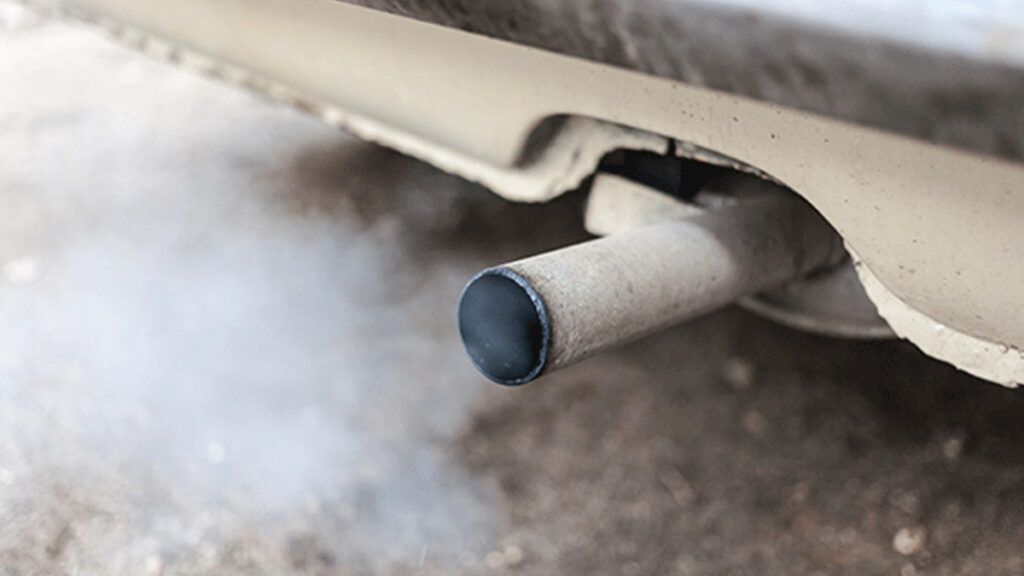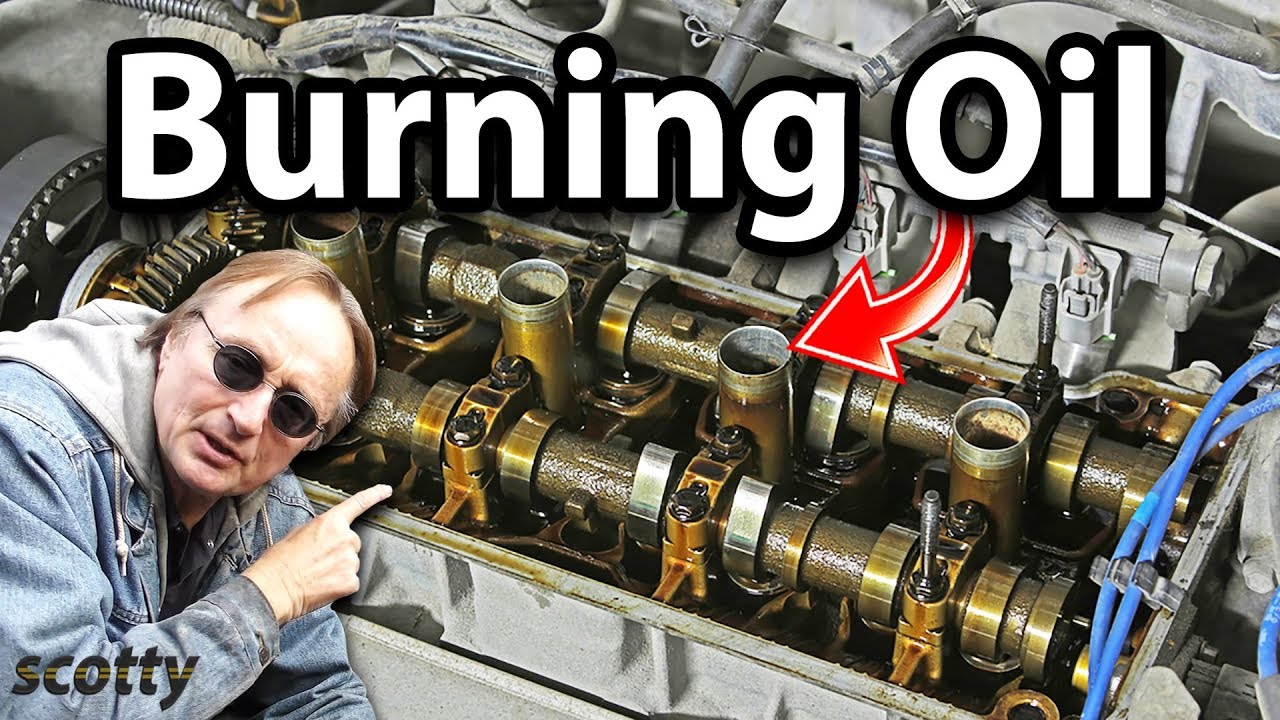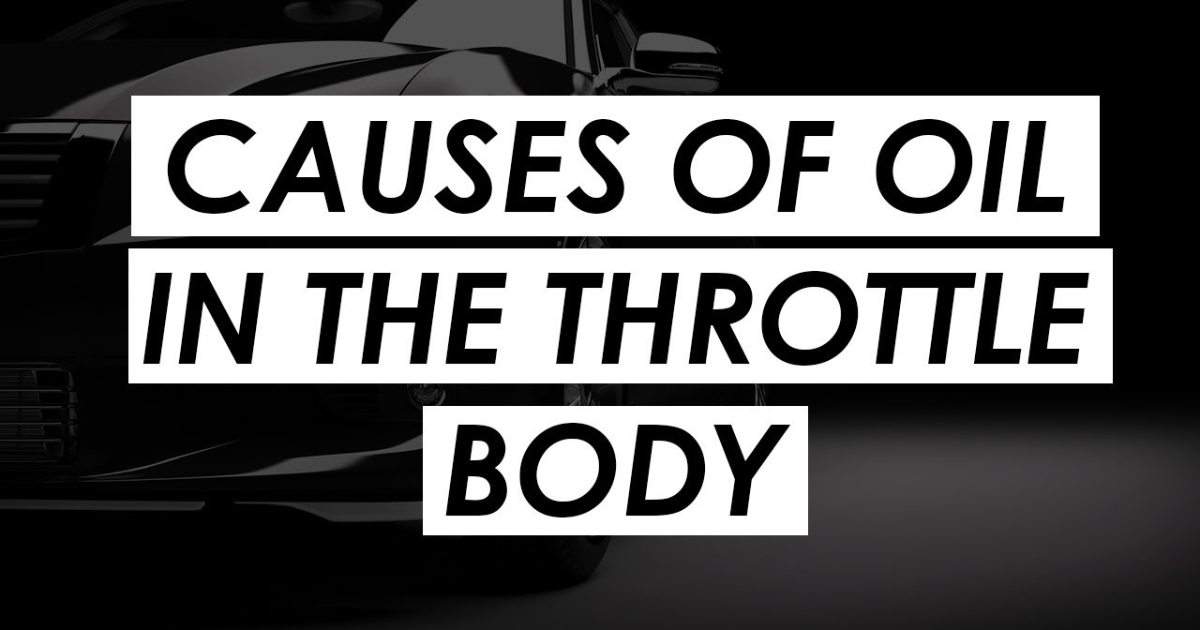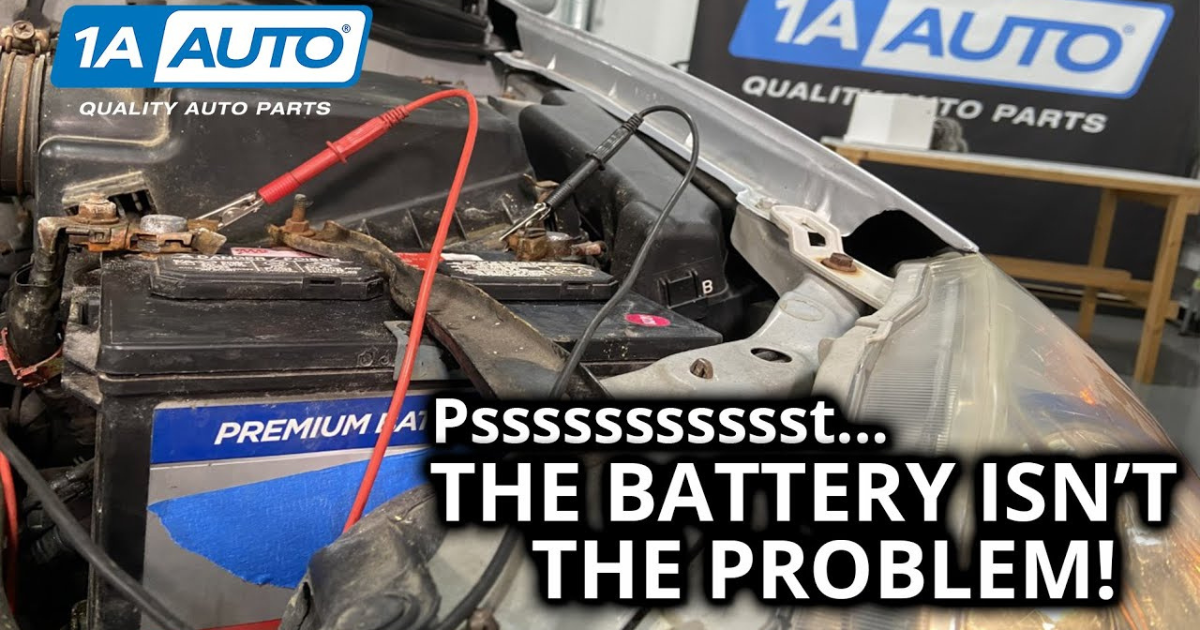Burning oil is a common problem in vehicles, especially those with high mileage or old age. It is a situation where oil leaks into the engine combustion chamber and burns with the fuel-air mixture. This article will discuss the symptoms, causes, and fixes of a car burning oil.
Symptoms of a Car Burning Oil

There are several signs that indicate a car is burning oil. They include:
- Engine oil light on: If the oil check light on your car’s dashboard is on, it could be an indication that the car is burning oil.
- Low coolant level: A steady decline in oil level without any physical leakage could mean that the oil is burning internally.
- Engine misfiring: Engine misfiring can be caused by low coolant due to burning oil.
- Oil in spark plug: Bad spark plugs are a sign of oil burning in the engine.
- Smoke color: Blue smoke coming from the exhaust pipe is a telltale sign of oil burning.
- Burning oil smell: This smell is often perceived when oil leaks from the engine and drops on hot surfaces.
Causes of a Car Burning Oil
There are two ways a car burns oil: internally and externally. Internal oil burning occurs when the components that keep oil away from the combustion chamber are worn out. These components include faulty valves, seals, rings, gaskets, etc. External oil burning occurs when oil escapes from the engine and lands on a hot surface outside the engine.
Some of the reasons why a car burns oil include:
- Blown head gasket: A blown head gasket allows engine oil or coolant to enter the cylinders, causing the emission of white smoke from the tailpipe and coolant loss with no sign of leaks.
- Damaged oil pan: A damaged oil pan can cause oil leakage, leading to an oil shortage and improper lubrication of engine parts.
- Worn piston ring: A worn piston ring will not properly allow oil to lubricate engine parts, causing oil to slip into the combustion chamber.
- Bad PCV valve: A faulty PCV valve will not allow engine pressure to leave the engine, causing engine pressure to build up and push oil into the cylinders.
- Valve guide and seal leaks: Damaged valve seals/guides allow oil to enter the combustion chamber as the valves work.
- Using the wrong oil: Using oil that cannot withstand the engine’s heat can cause it to burn out quickly.
Fixes for a Car Burning Oil
If your car is burning oil, the best course of action is to take it to a professional mechanic for proper diagnosis. They will determine the cause and recommend the best fix. Some of the fixes for a car burning oil include:
- Replace blown head gaskets: Replacing blown head gaskets will prevent oil or coolant from entering the cylinders.
- Fix anything causing engine overheating: Engine overheating can cause the head gasket to blow, leading to oil burning.
- Replace bad spark plugs: Bad spark plugs can cause engine misfiring and higher oil consumption.
- Fix worn ring pistons: Worn piston rings allow oil to enter the combustion chamber, leading to oil burning.
- Use the right types of oil: Using oil that can withstand the engine’s heat will prevent it from burning out quickly.
- Fix a damaged oil pan: A damaged oil pan can cause oil leakage, leading to an oil shortage and improper lubrication of engine parts.




